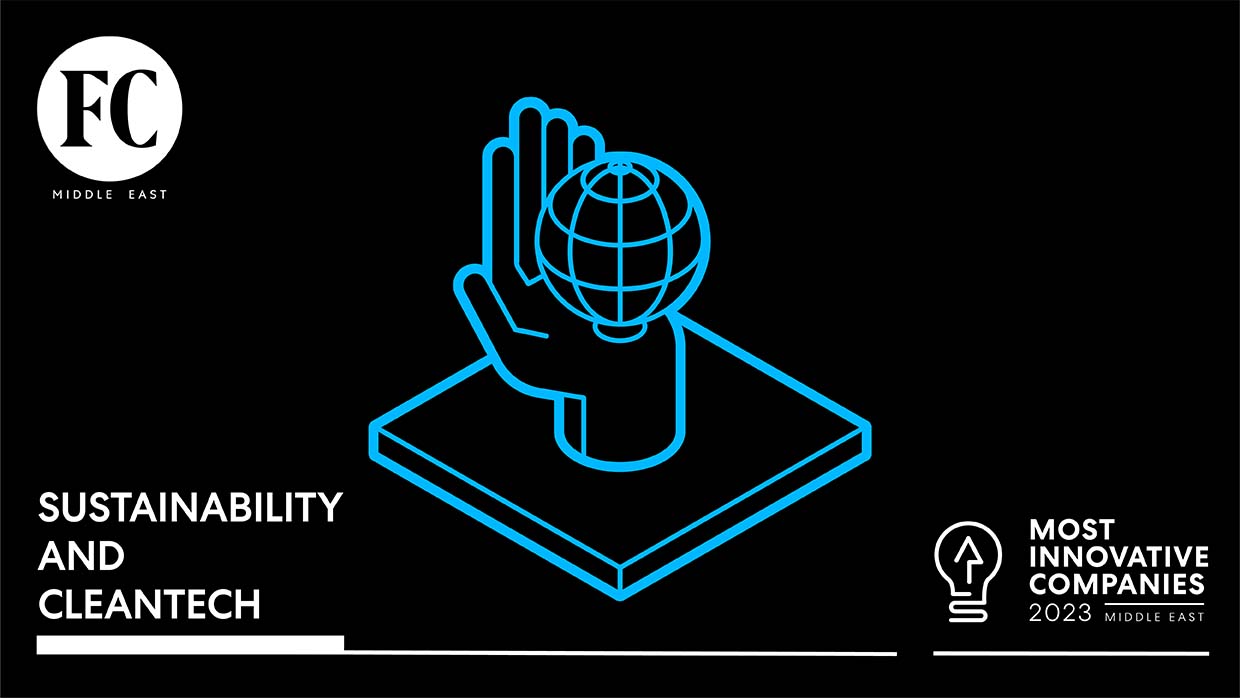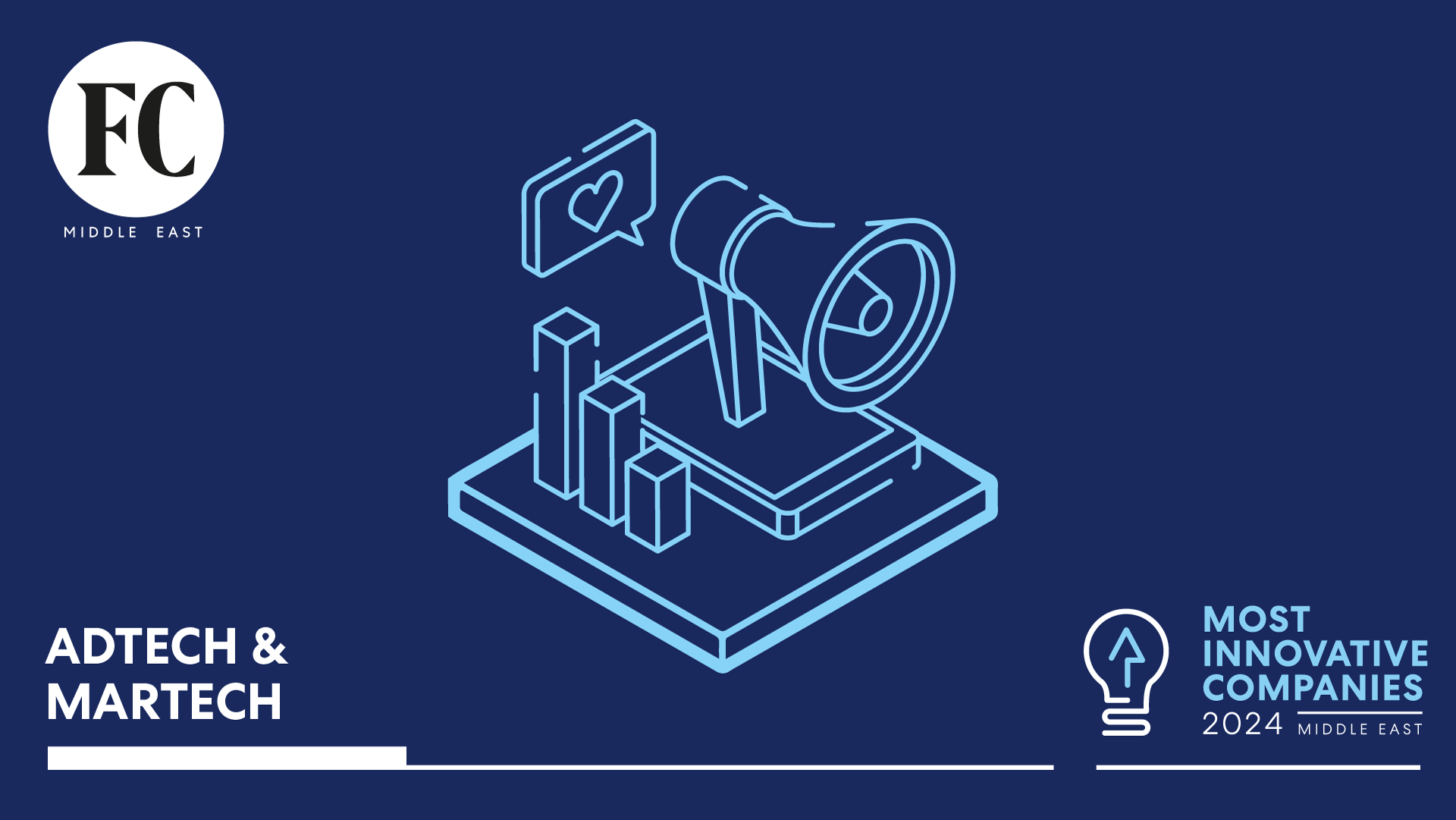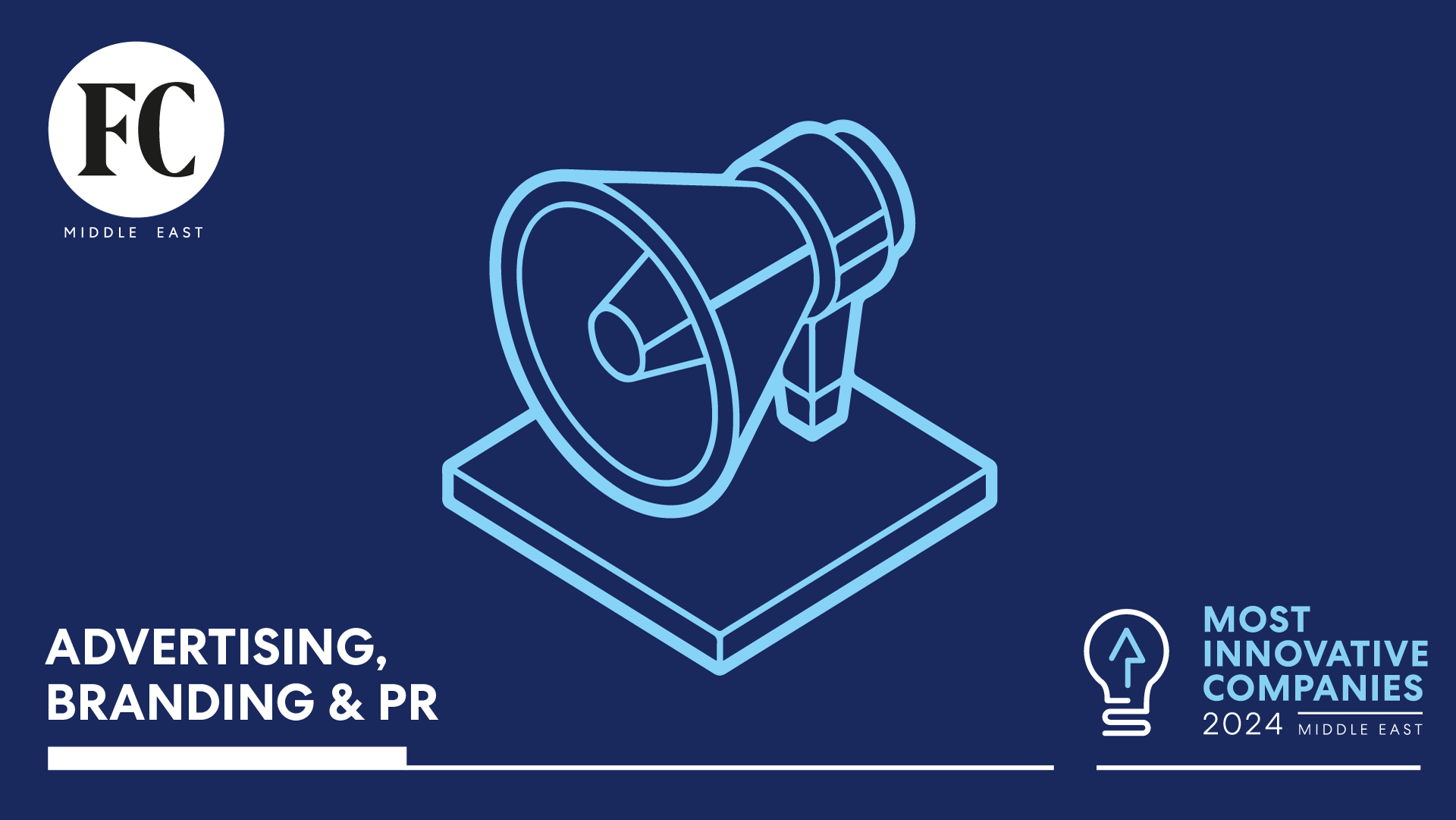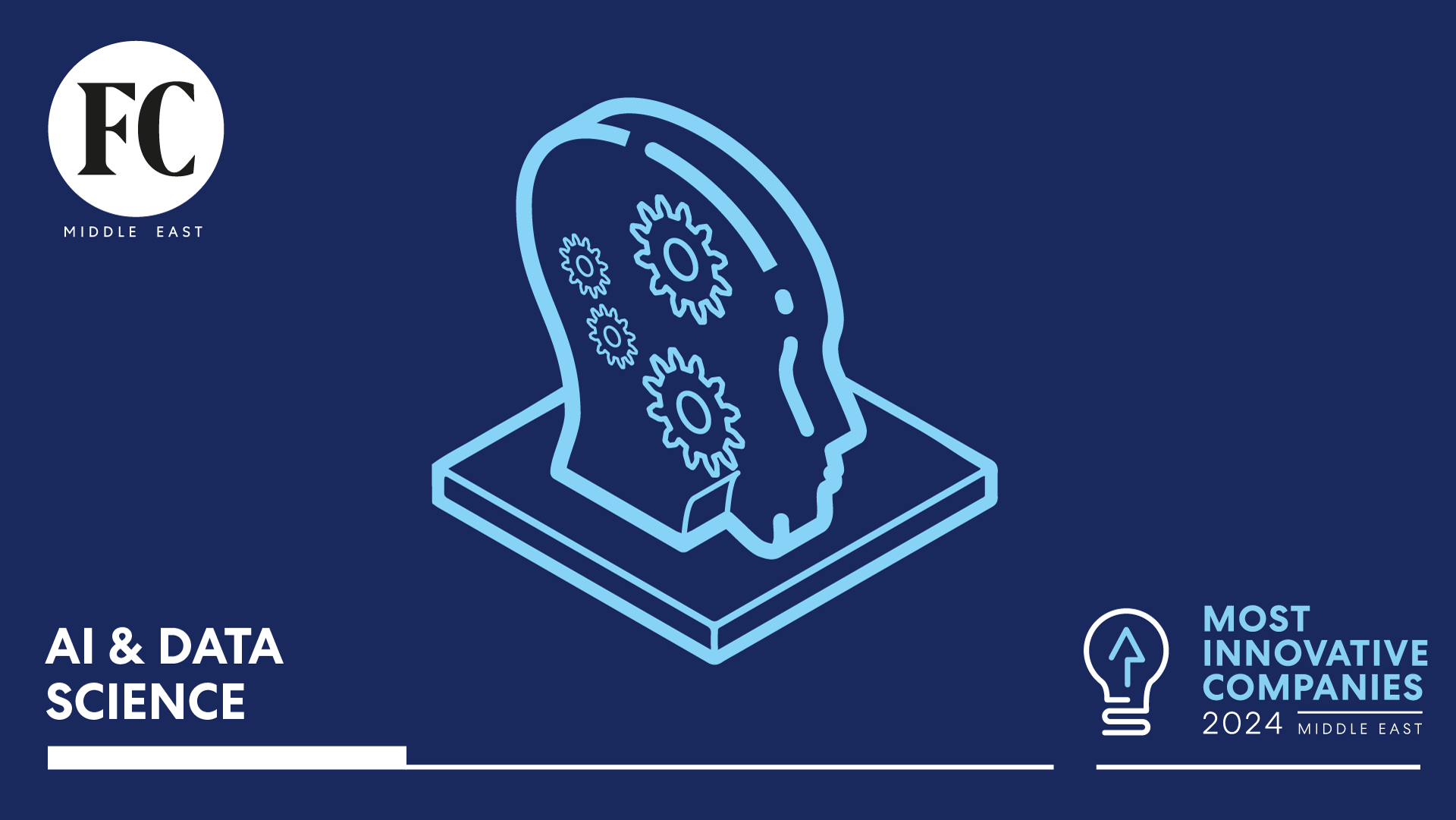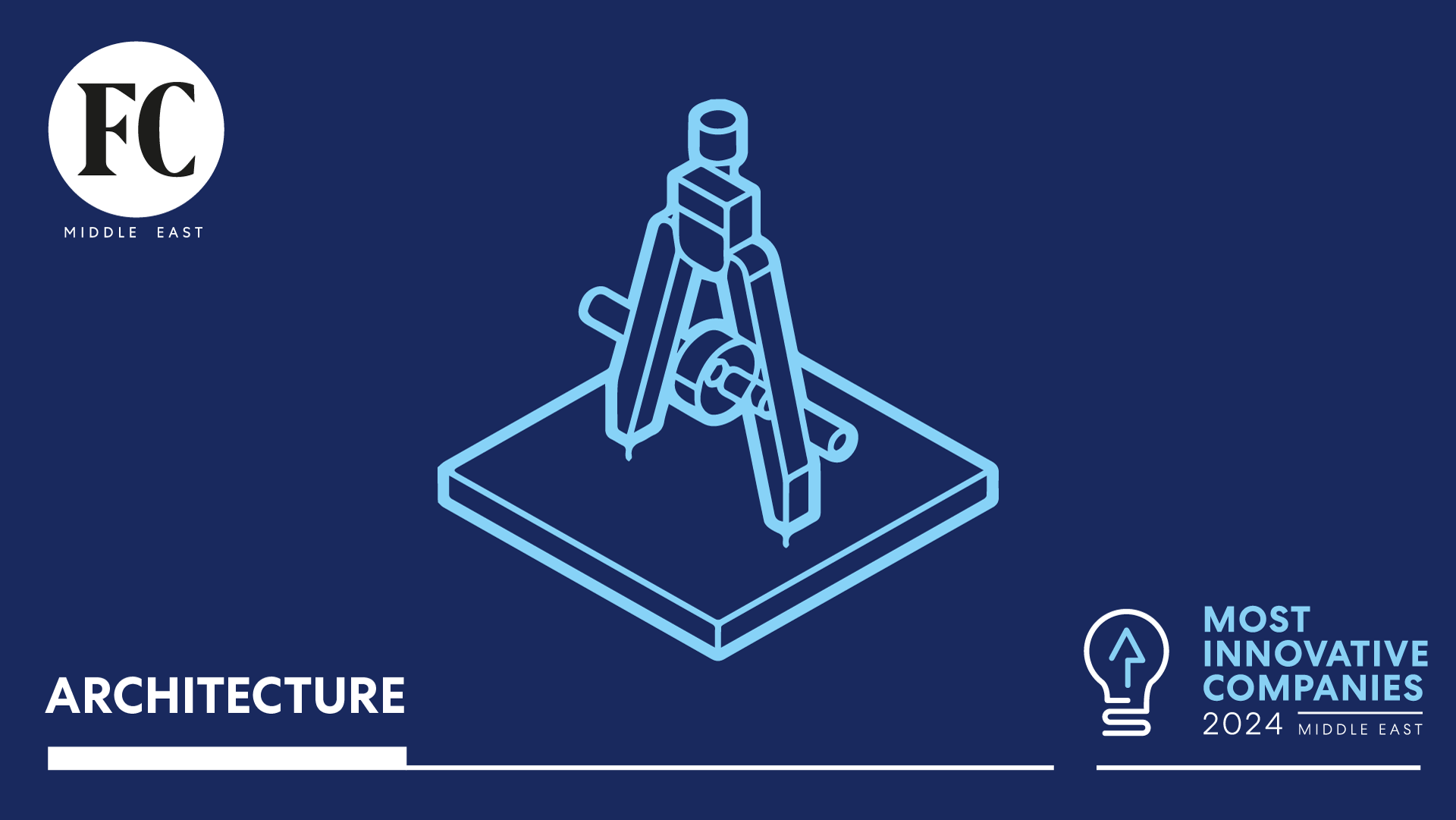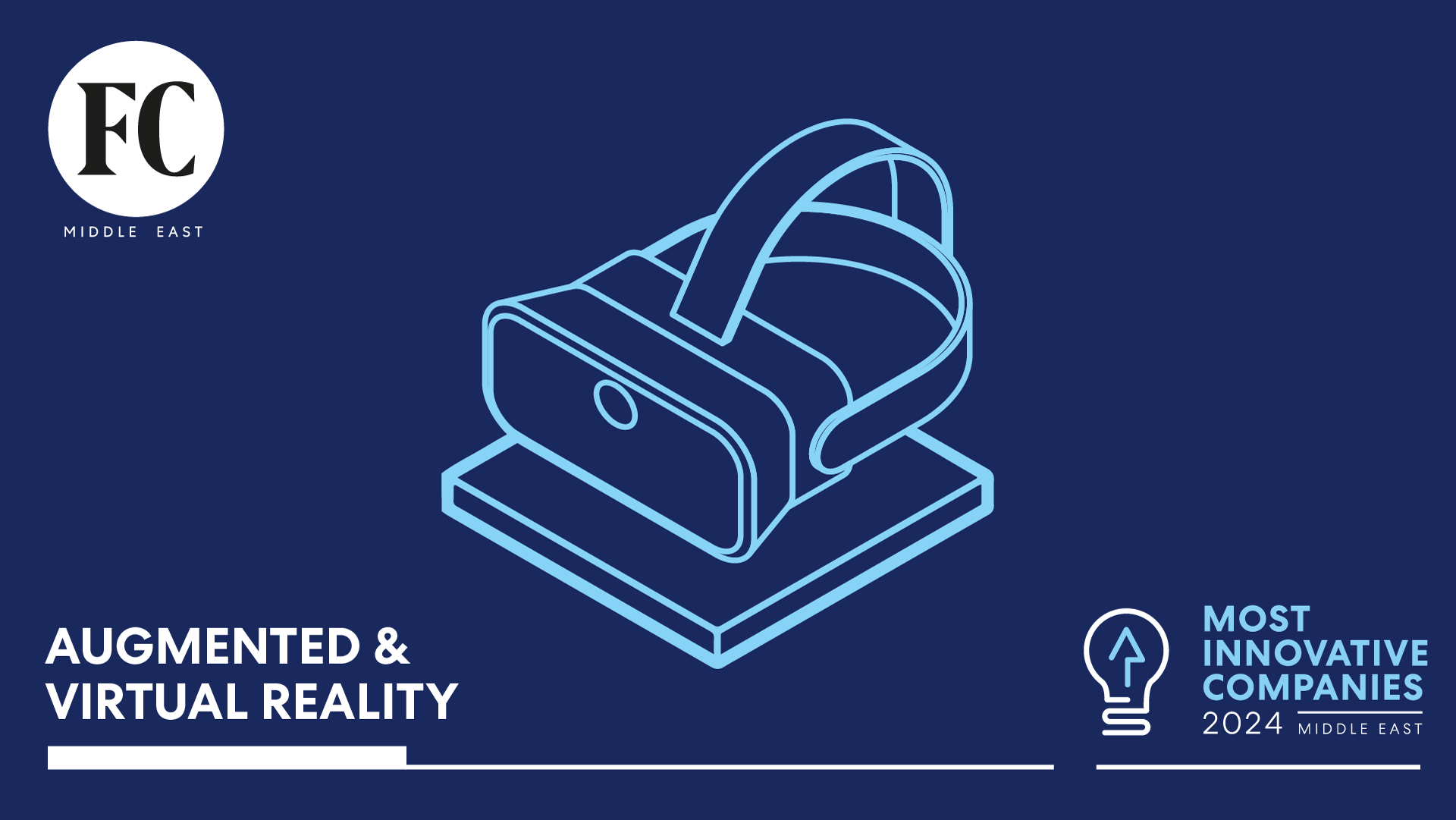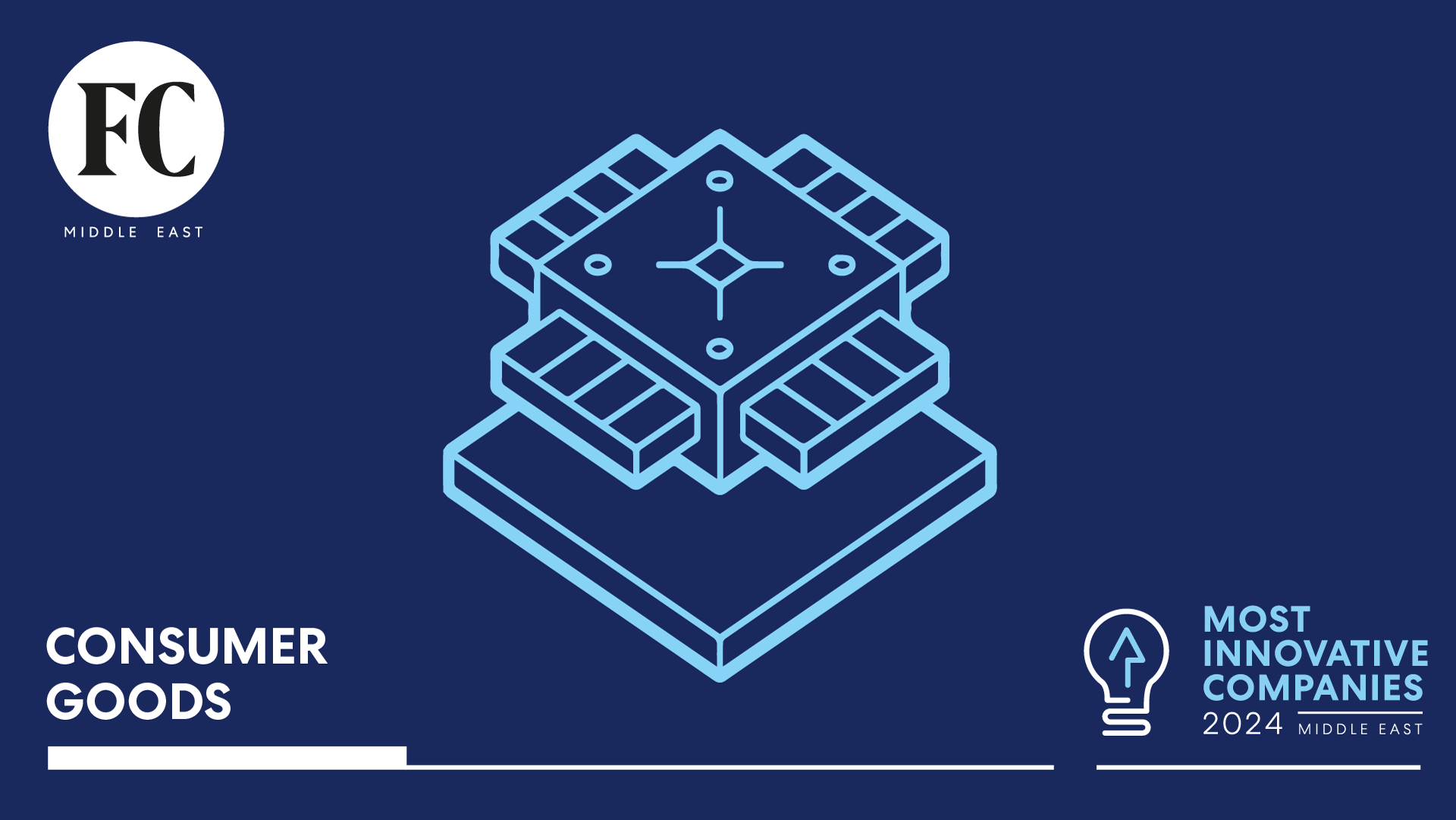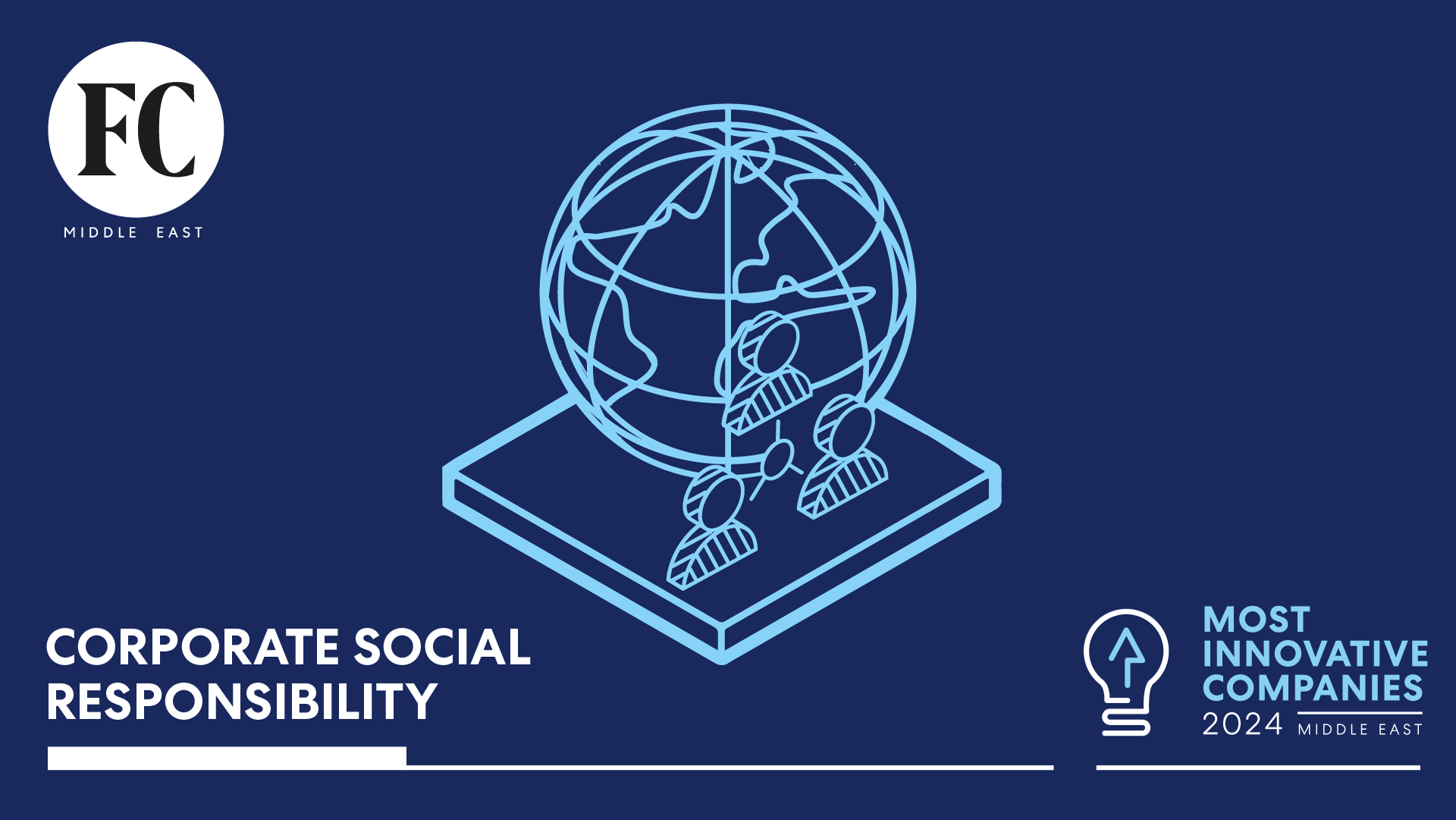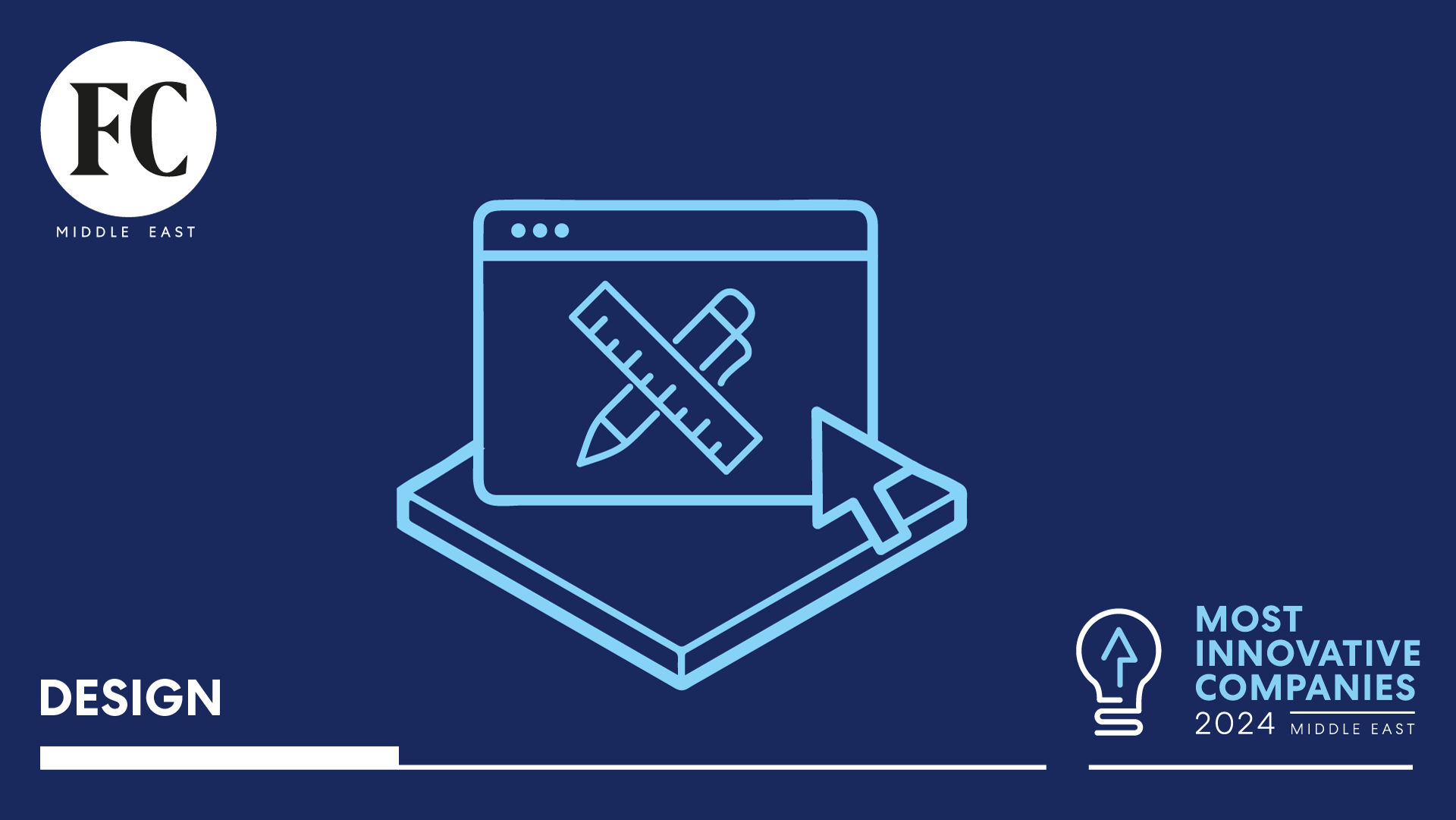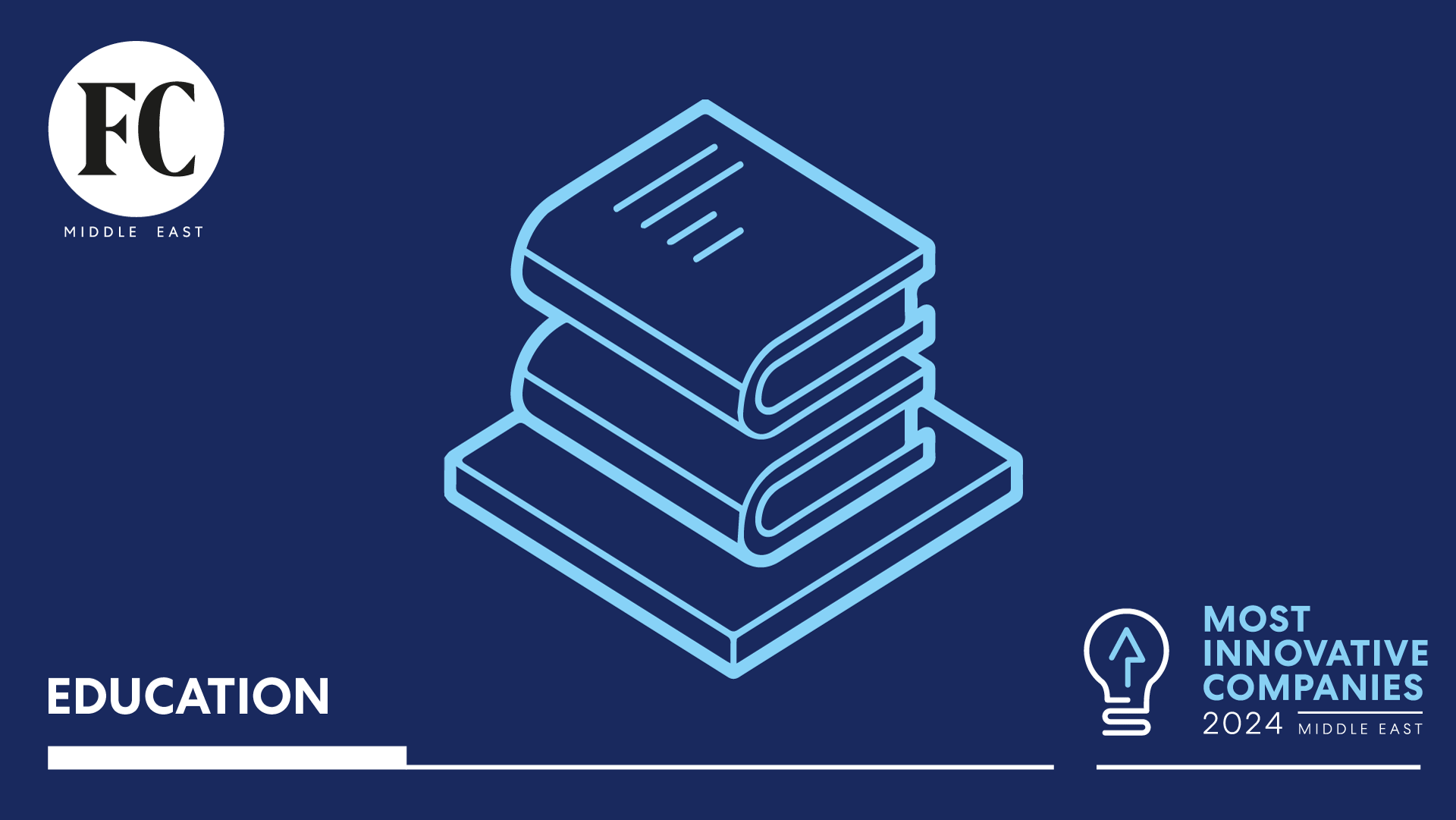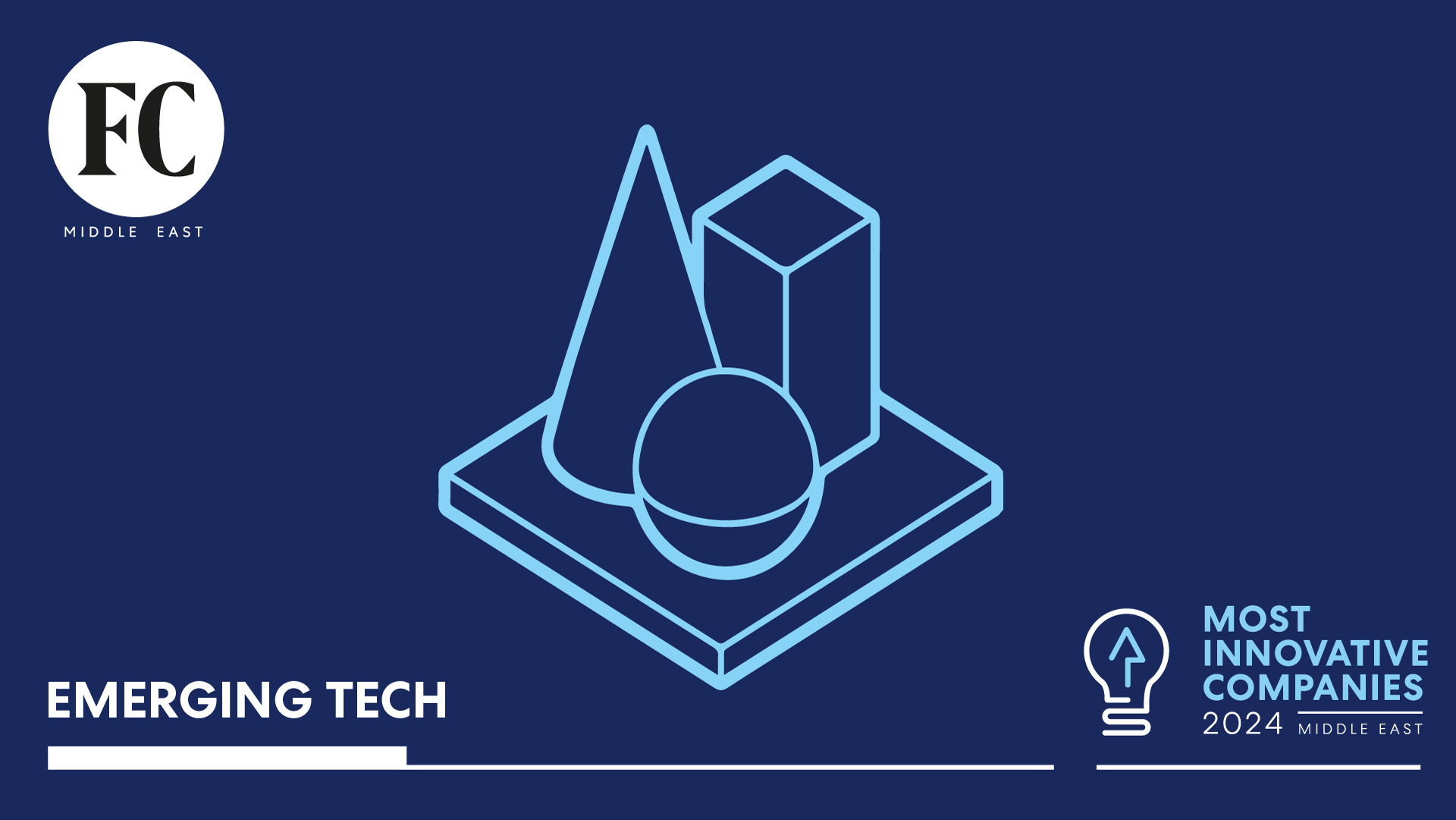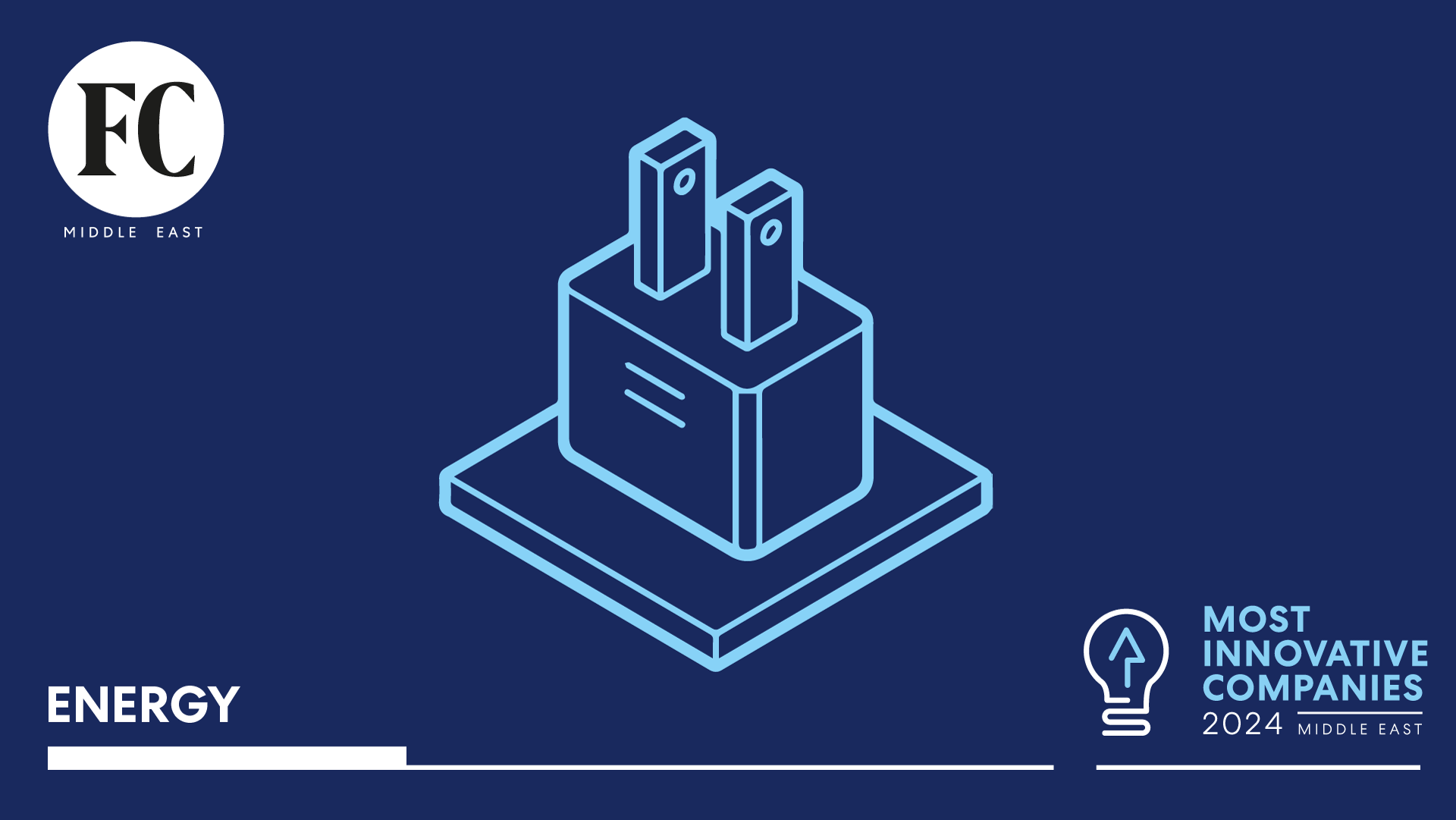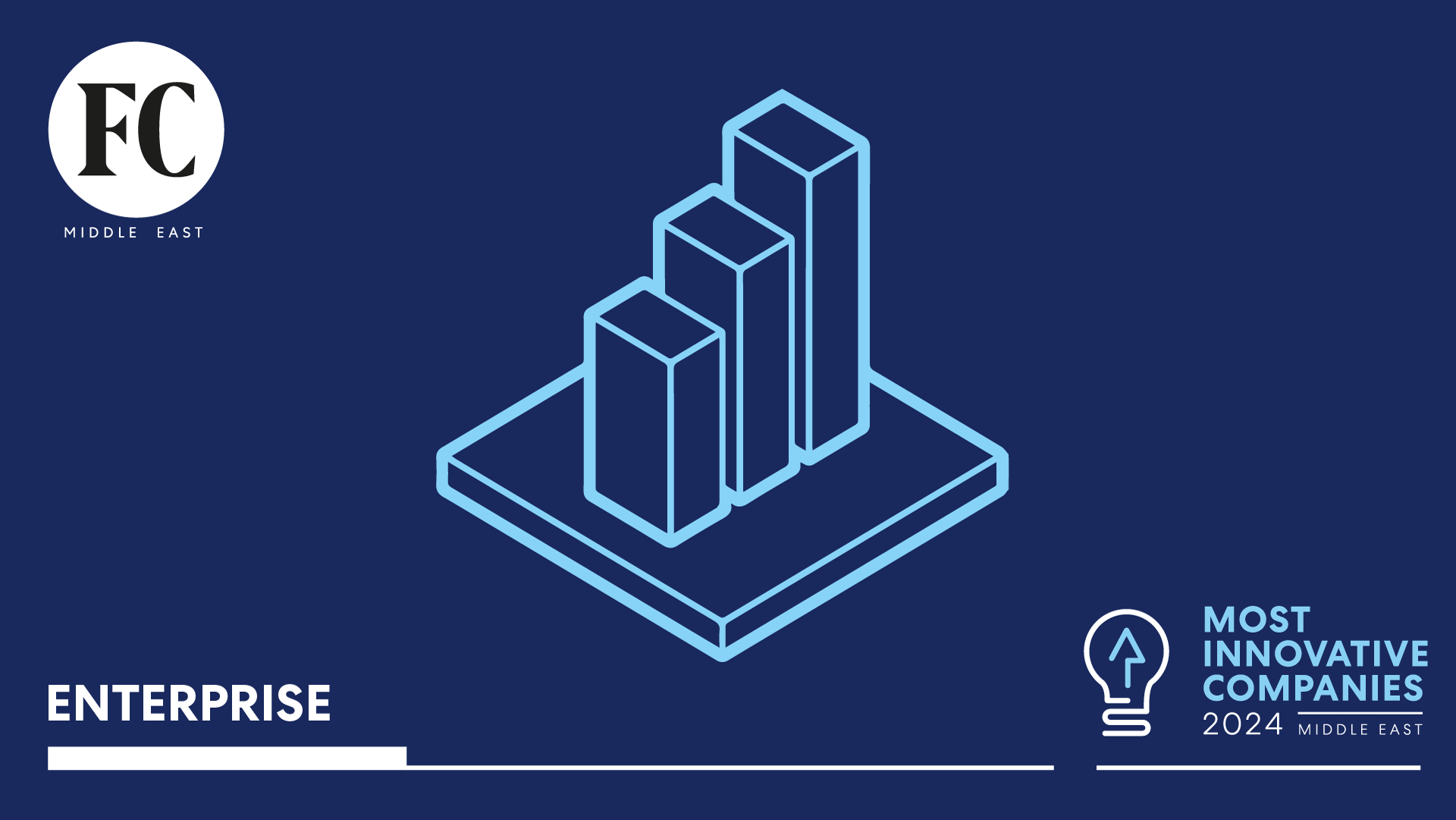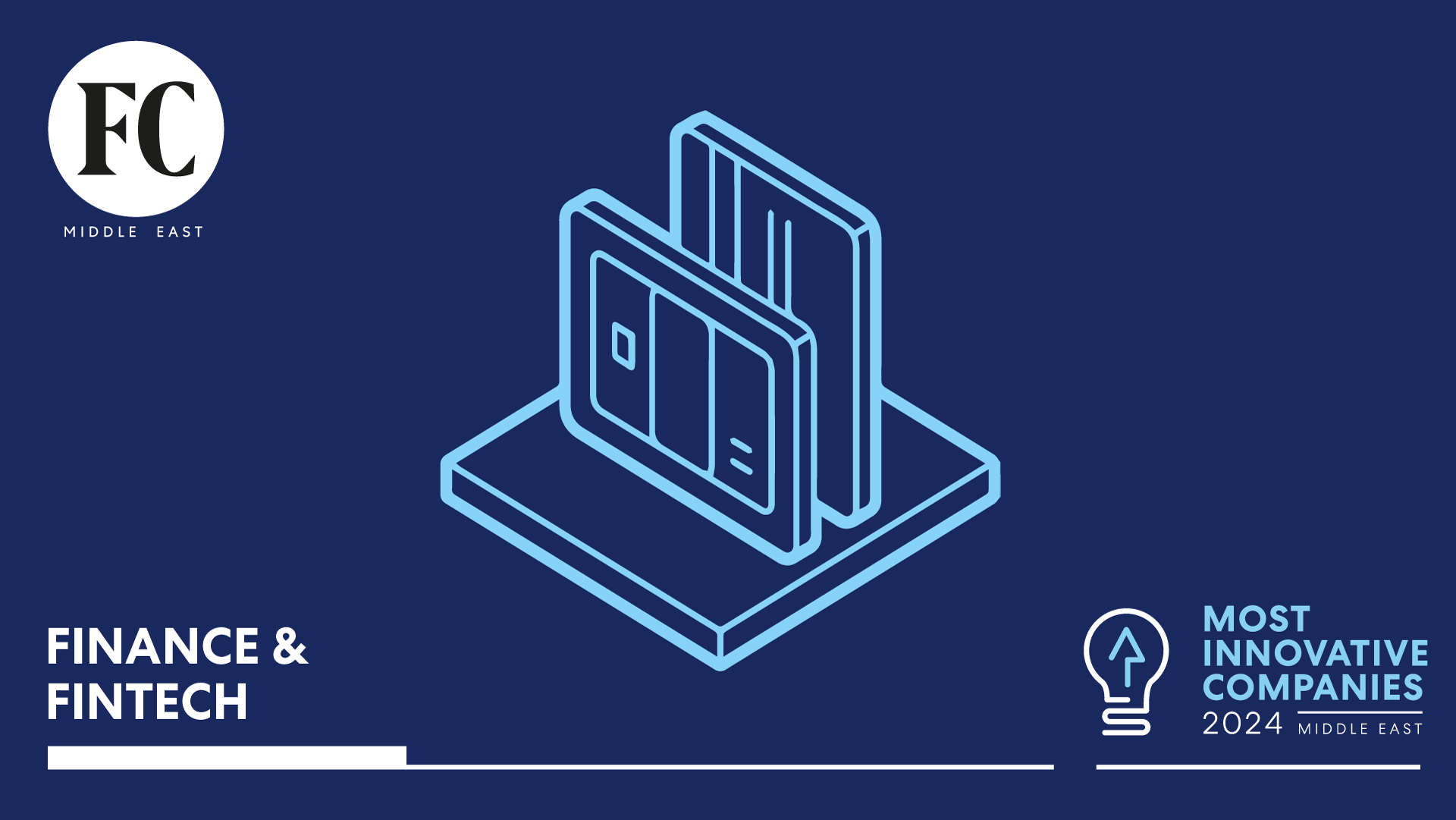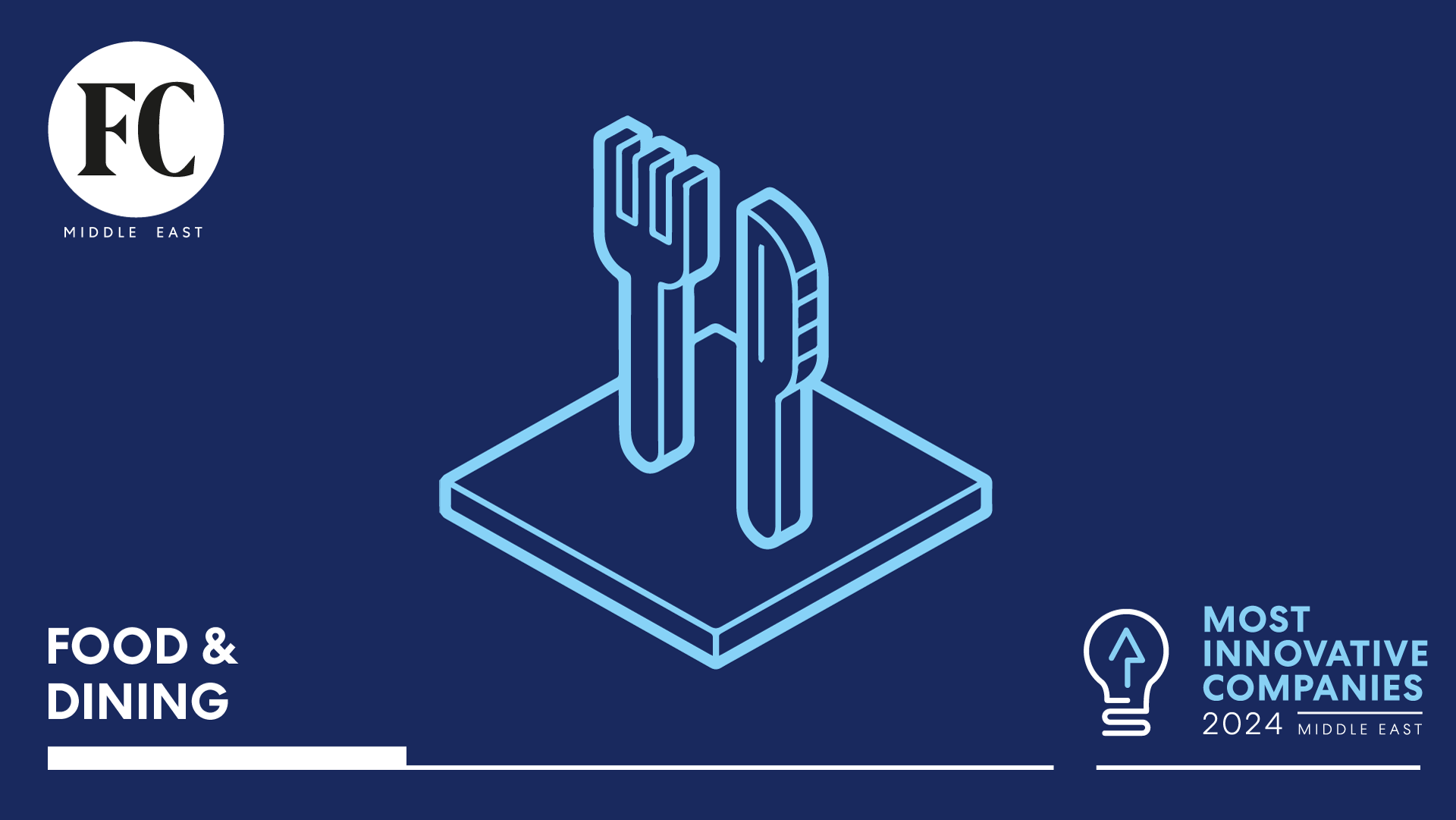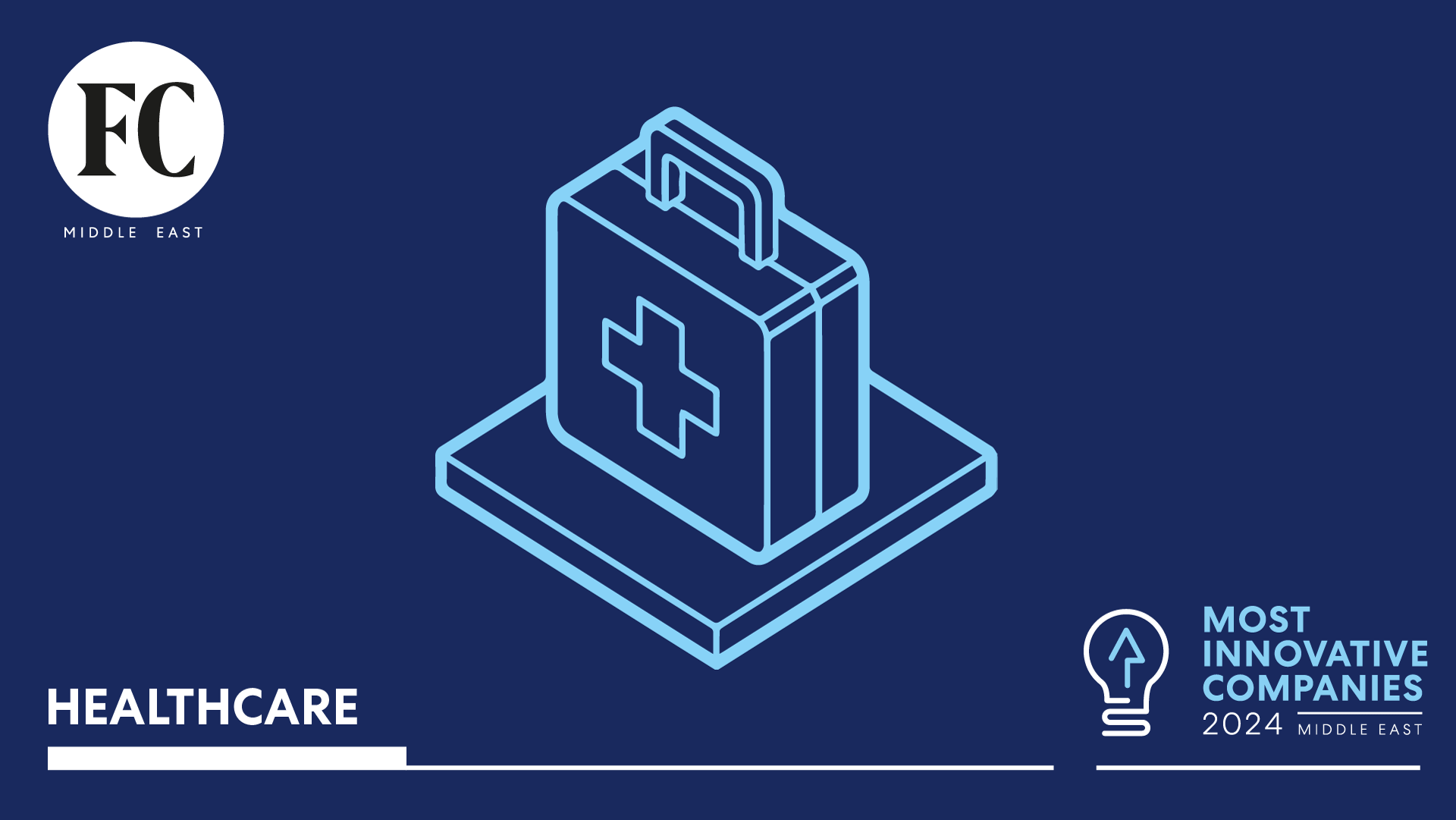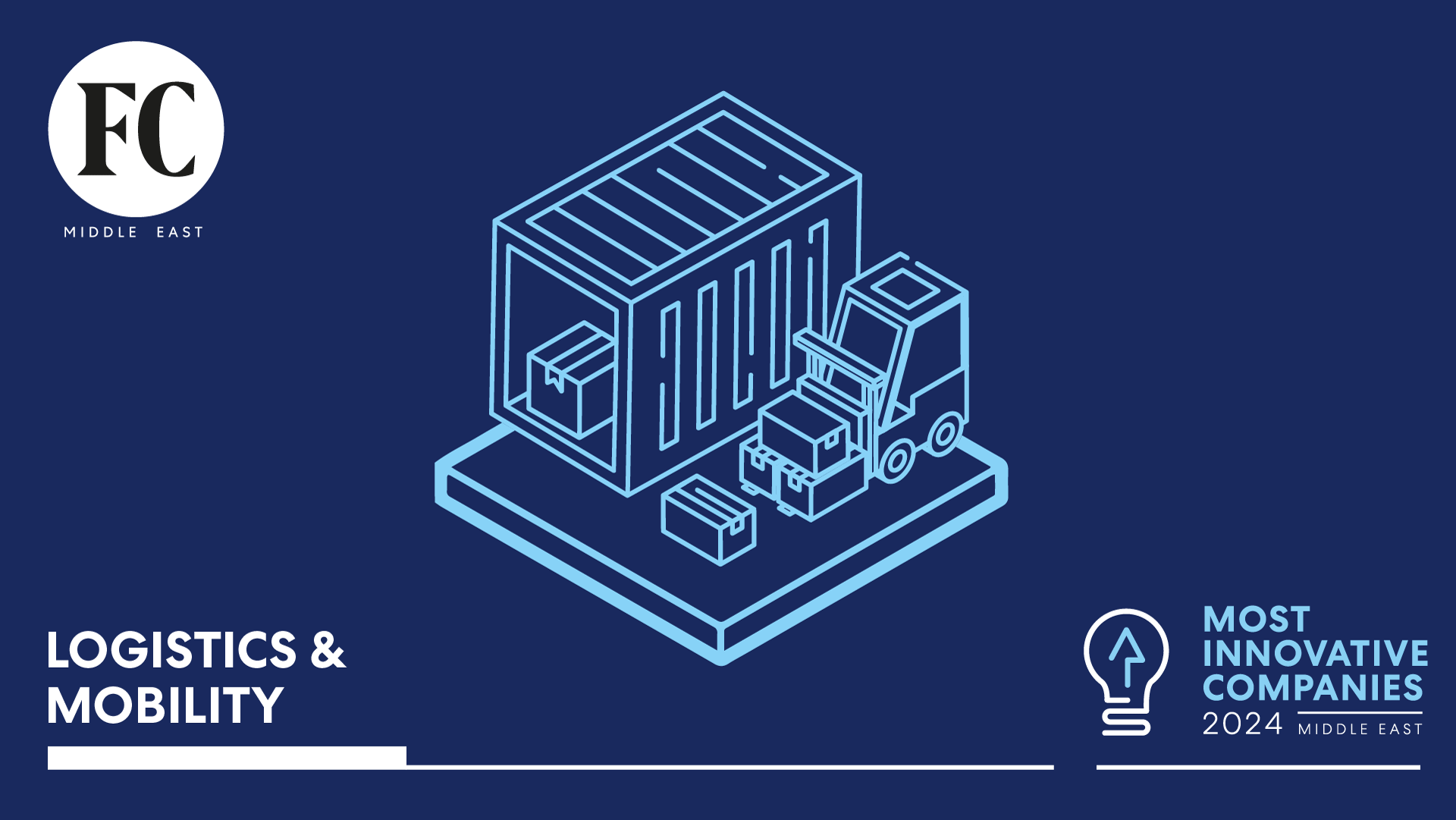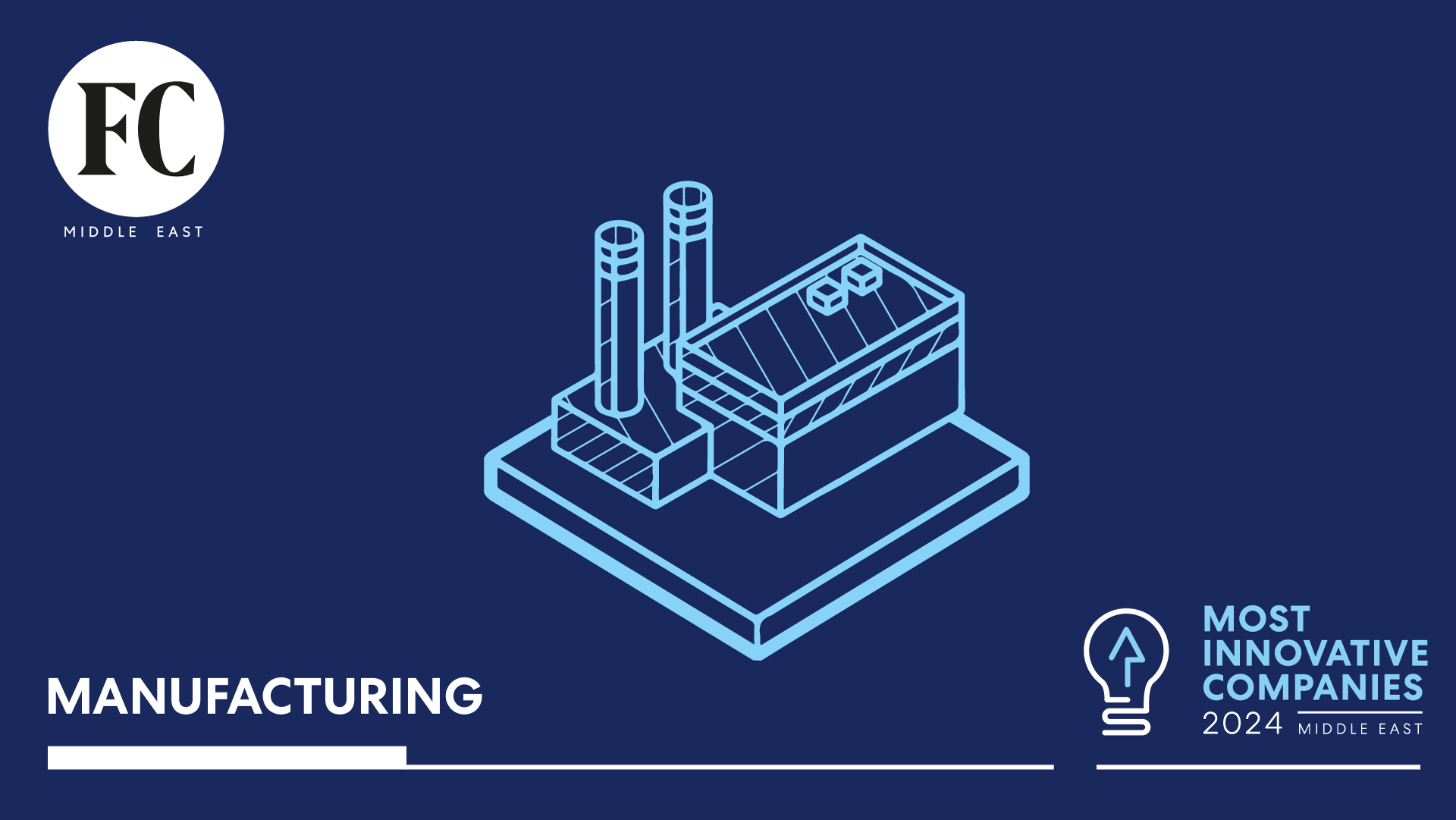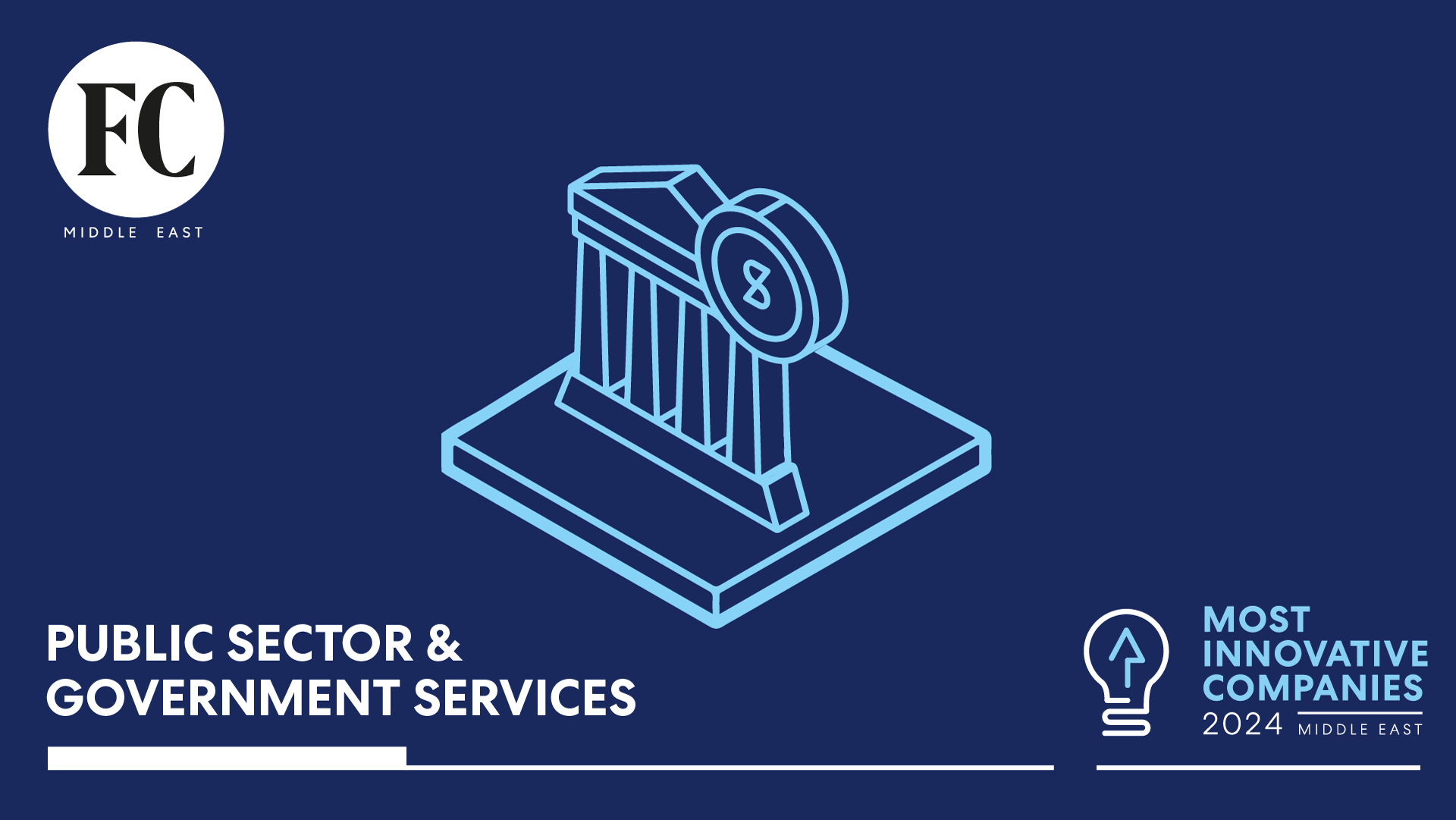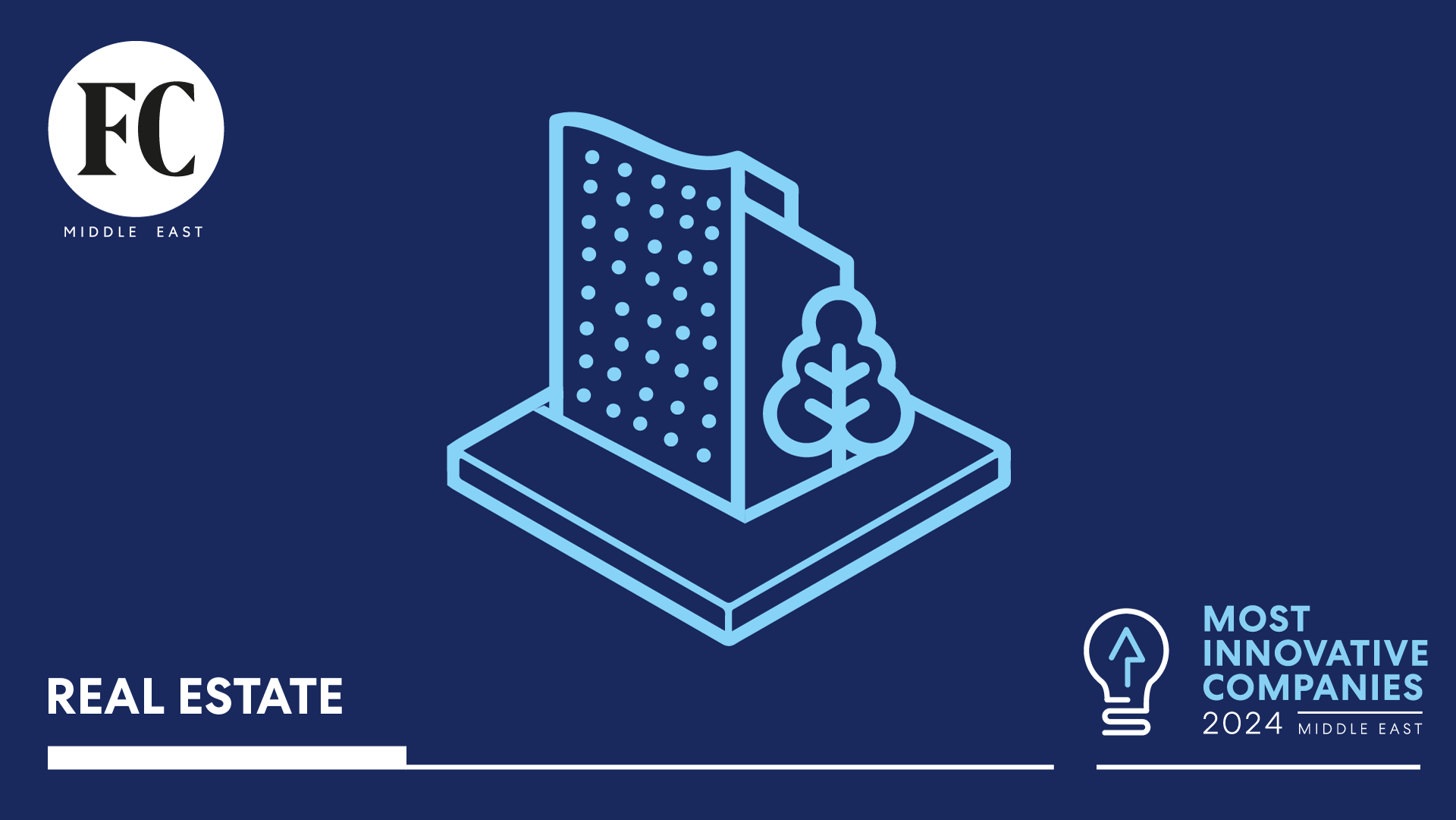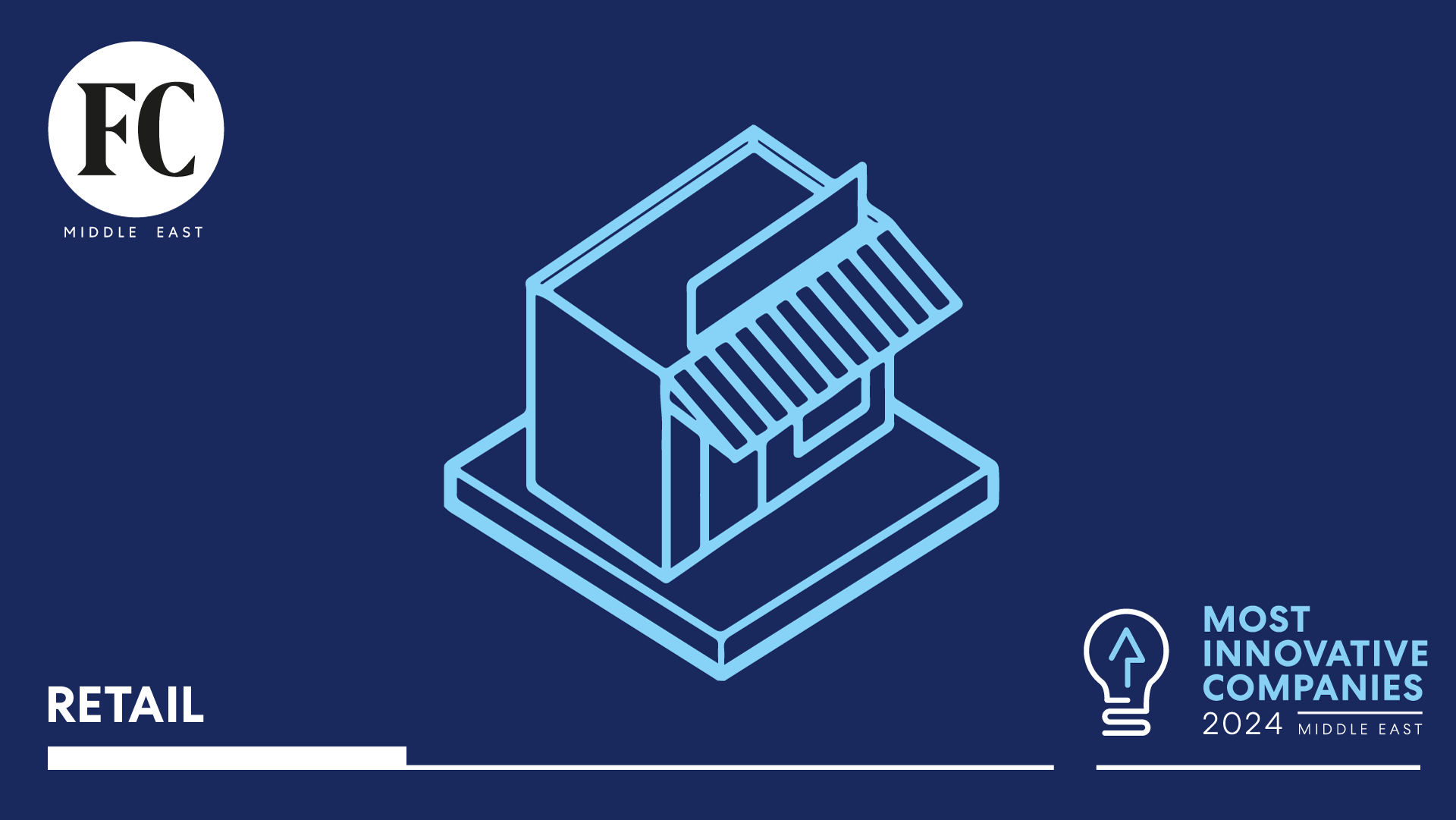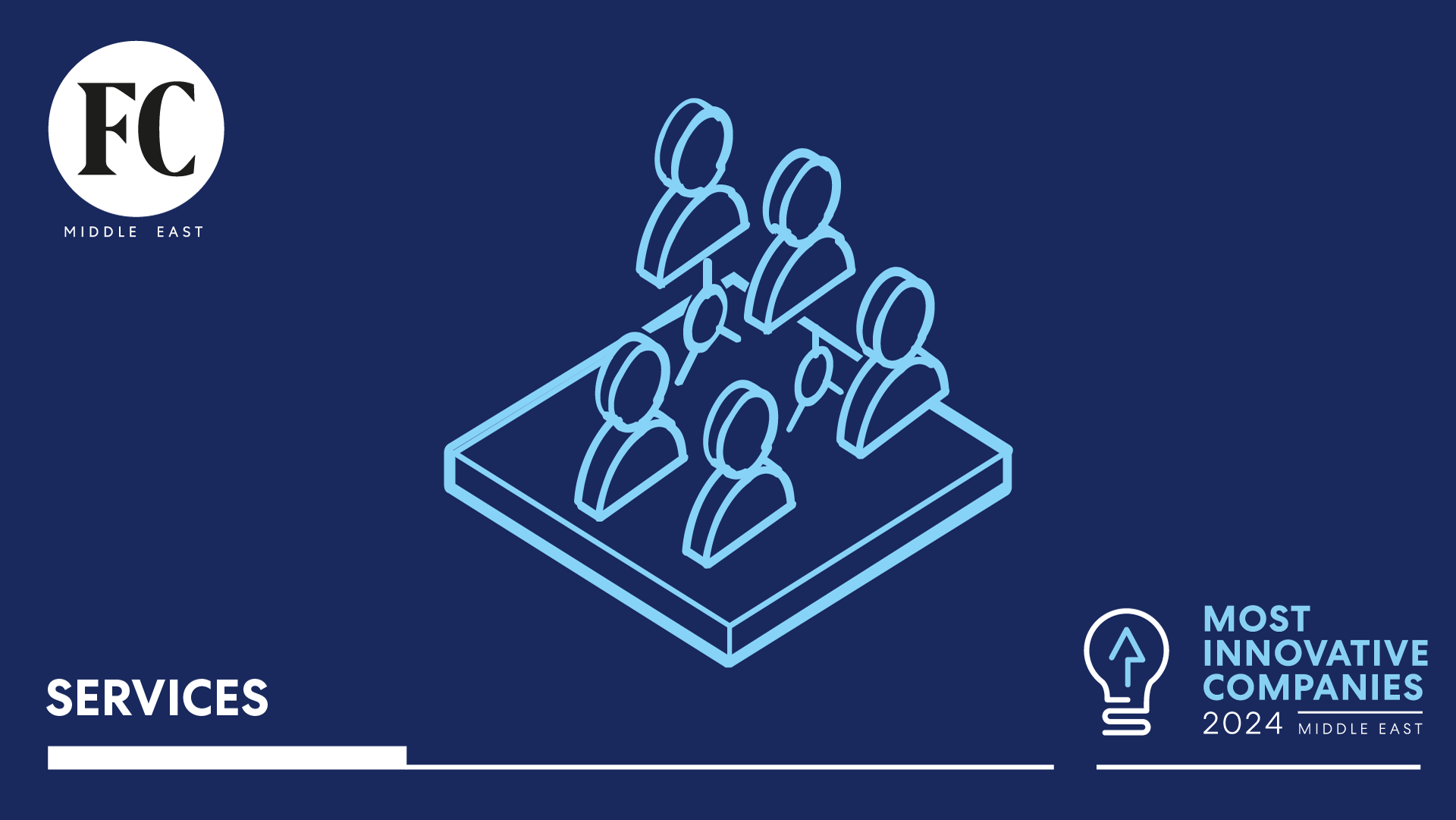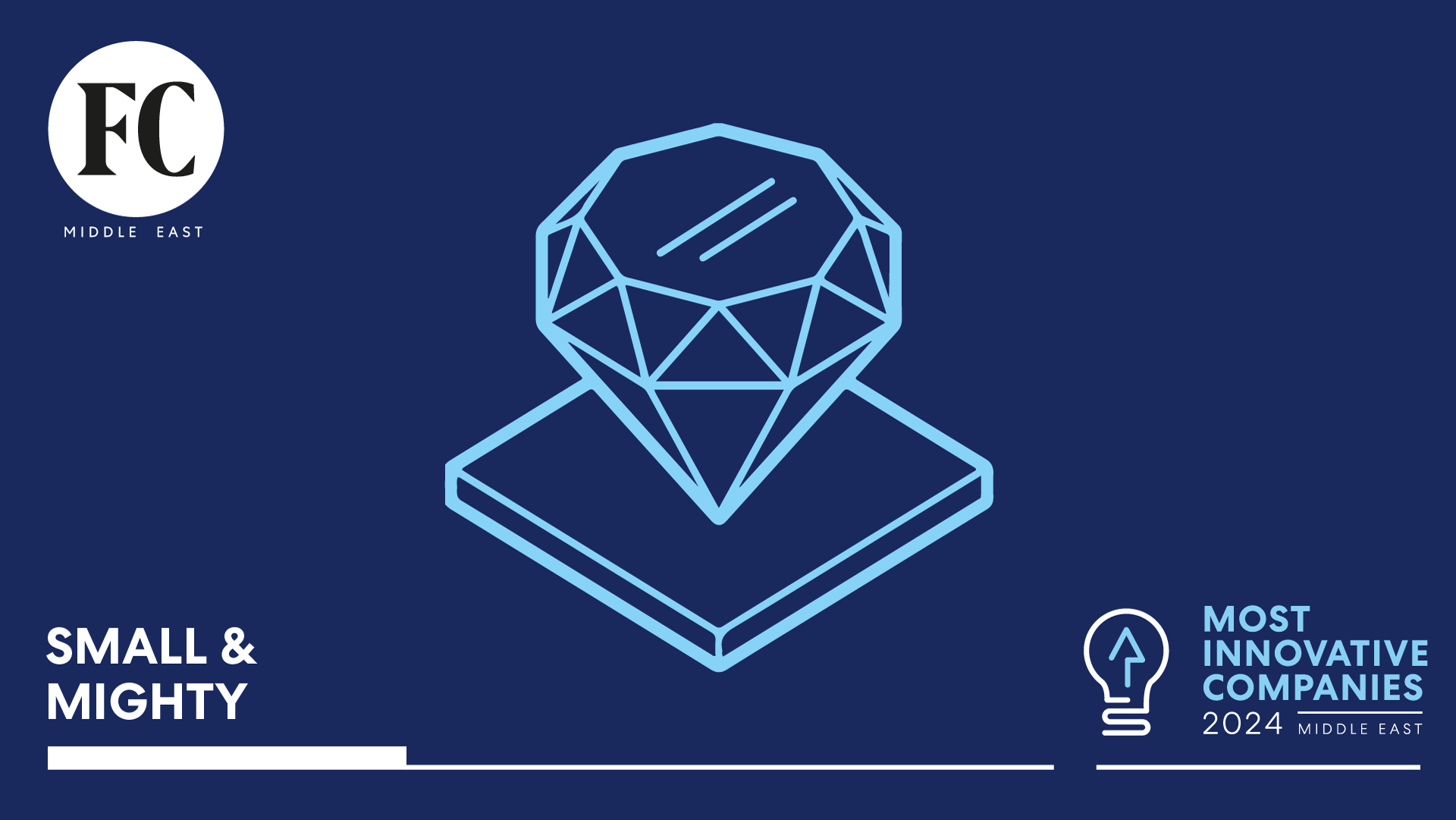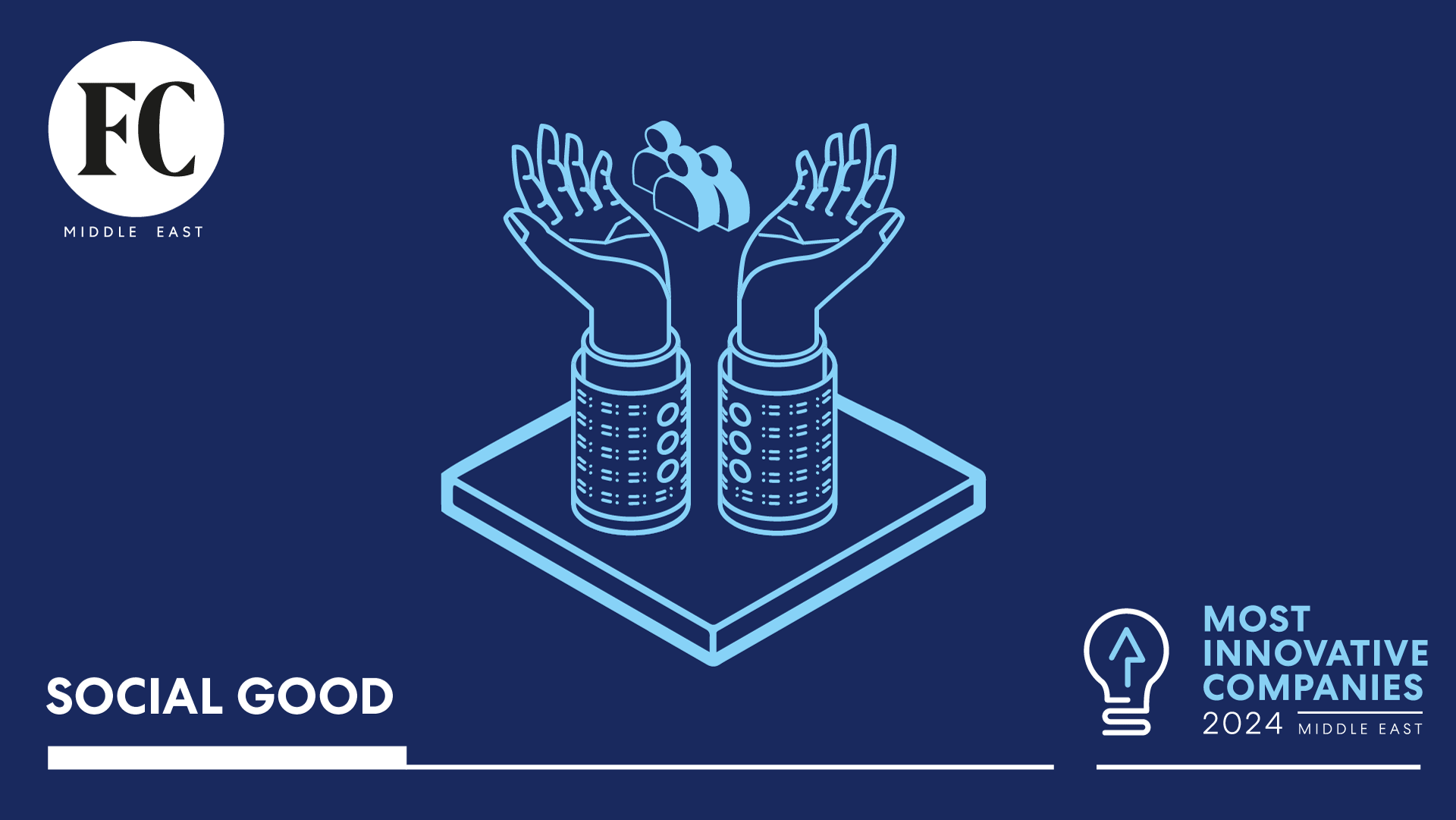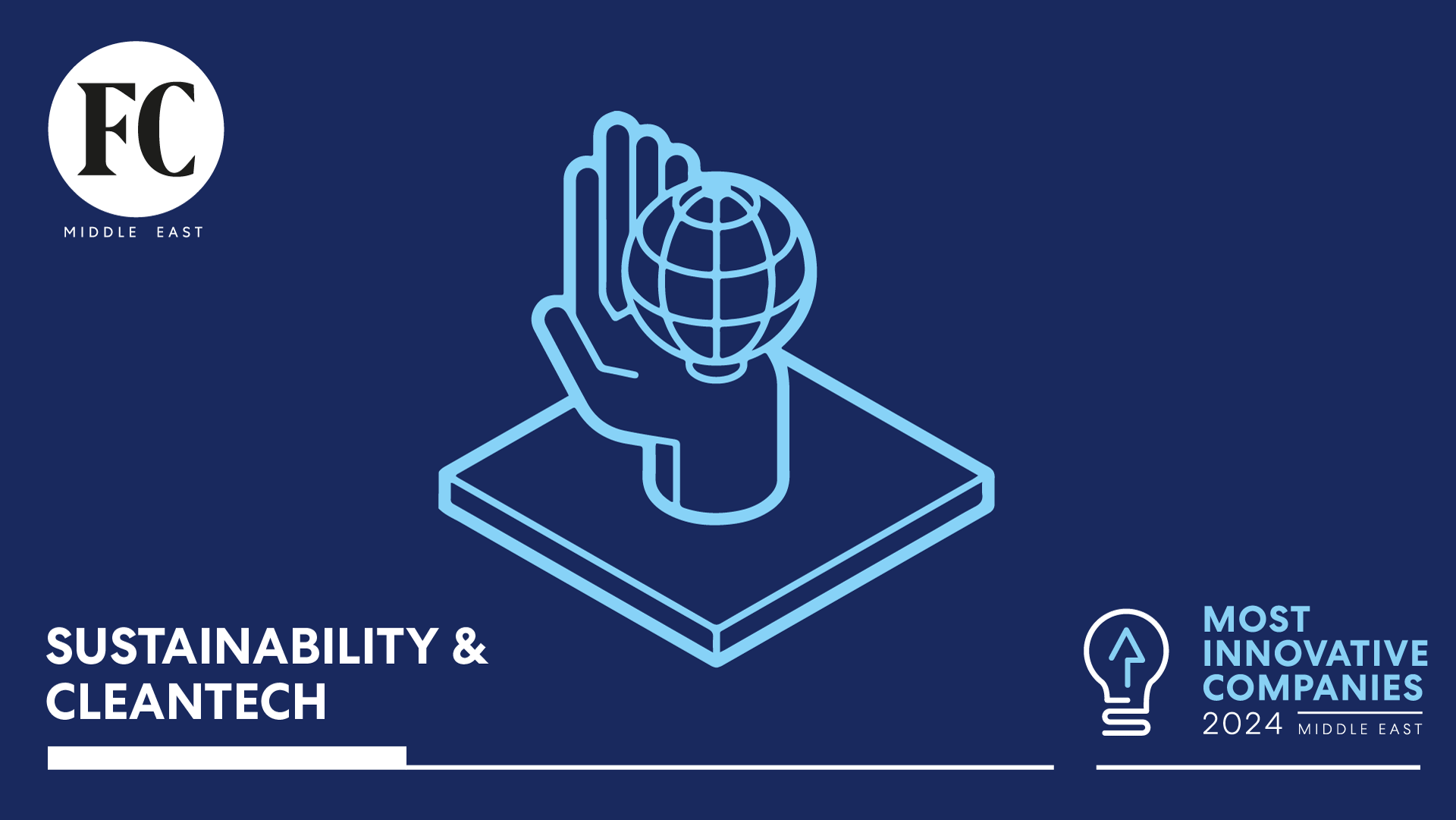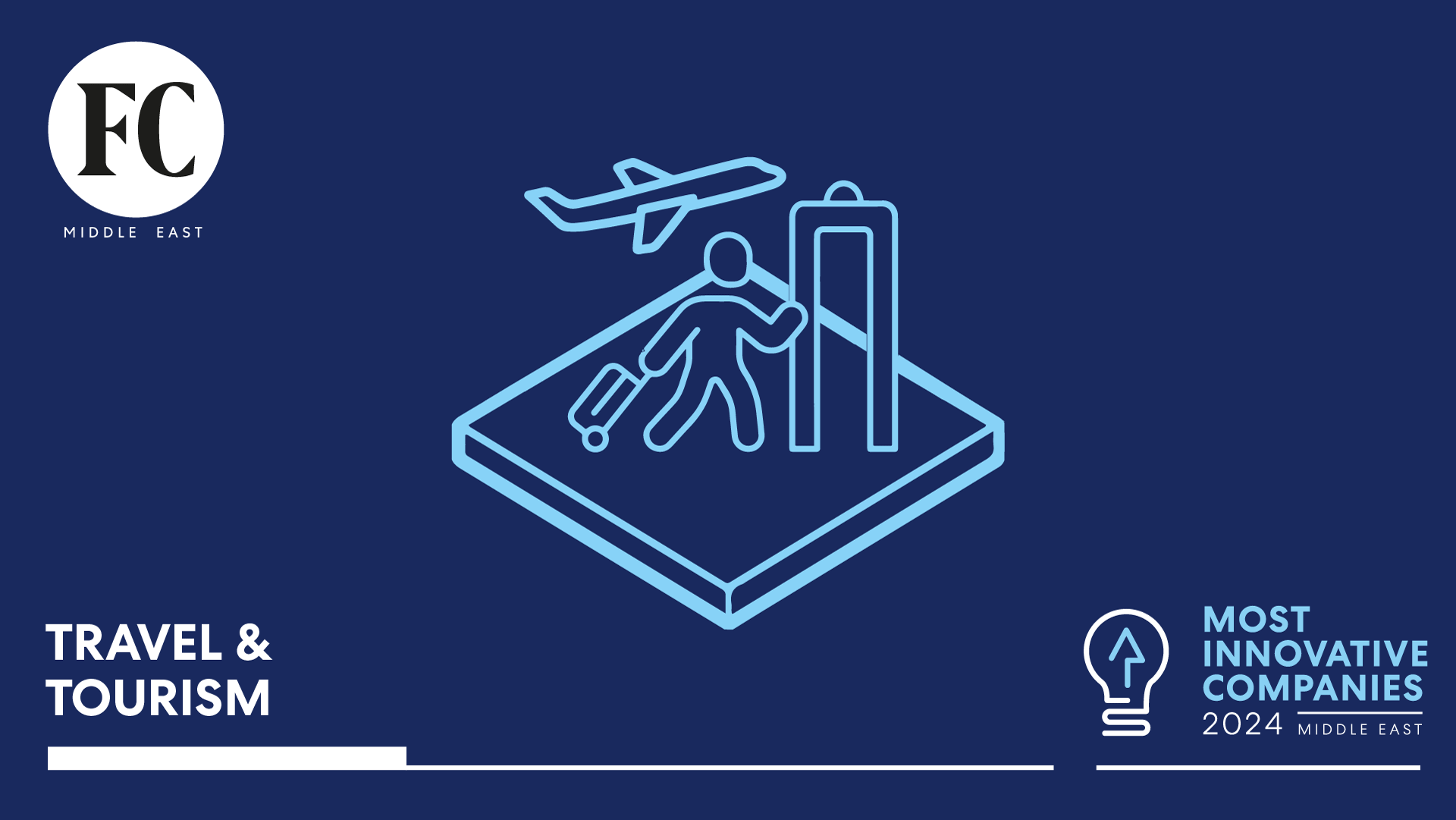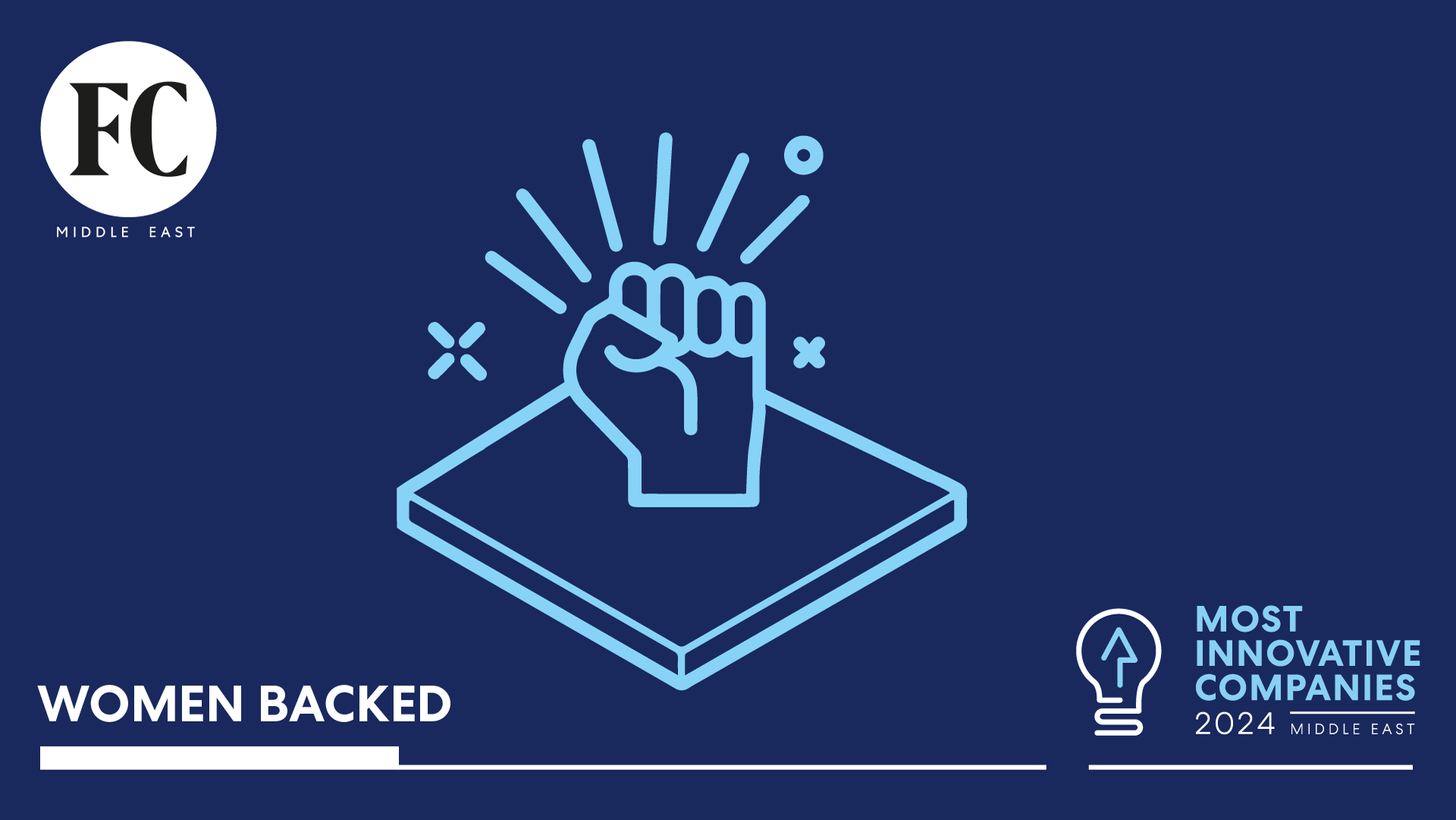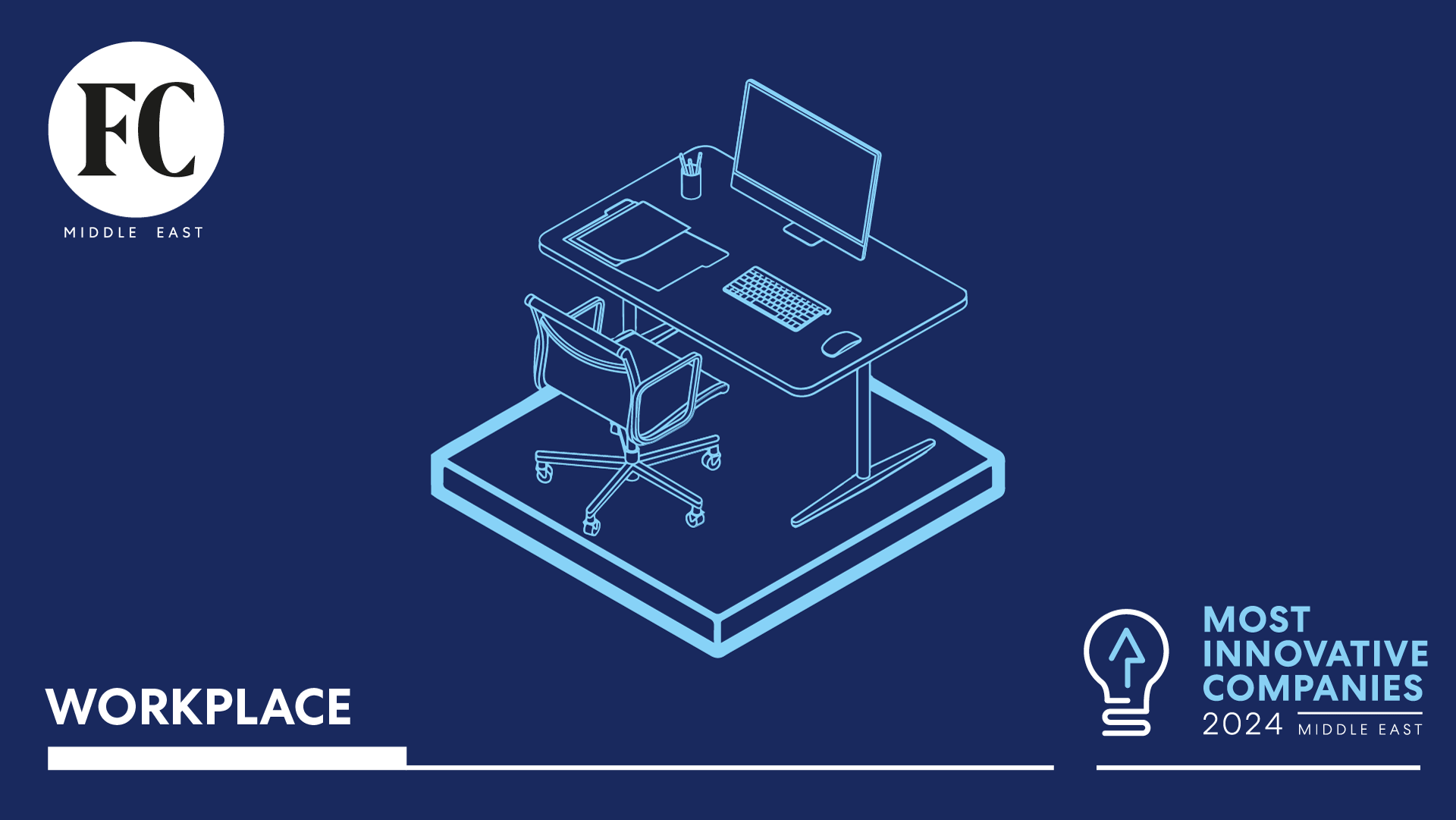The 5 most innovative companies in sustainability & cleantech of 2023
This year's Most Innovative Companies' efforts exemplify a unified commitment to a greener future.
Explore the Fast Company Middle East’s Most Innovative Companies 2023 list; featuring 42 winning entries reshaping businesses and industries. We’ve selected the companies making the most significant impact with their initiatives across 23 categories, including the most innovative services, sustainability & cleantech and retail companies.
Sustainability and cleantech leaders have collectively transformed waste management with AI technology, driven circular economy initiatives, reduced carbon emissions in organic food production, and developed ways to cut water and energy consumption in agriculture. This year’s Most Innovative Companies’ efforts exemplify a unified commitment to a greener future.
BEEAH Group
For advancing smart solutions in end-to-end waste management
BEEAH grew its waste collection operations from managing the landfill to end-to-end waste management. Today, its waste management complex, equipped with an AI robot to segregate waste automatically and a digital waste manifest platform, contributes to an over 70% landfill waste diversion rate while working towards total waste diversion. BEEAH’s headquarters, designed by Zaha Hadid and integrated with future technologies such as digital twins and AI, is one of the Middle East’s most sustainable, smart buildings. Its AI City Vision — an AI-driven technology, a 360-degree camera fitted on waste collection vehicles, recognizes waste bin status, overflowing waste, and road cleanliness. It streamlines waste management, leading to significant time savings and smarter asset management.
e&
For advancing smart and green digital solutions
Committed to driving digital innovation and rooted in a sustainability framework, e&’s approach encompasses securing a digital future for all, low-carbon operations, and a commitment to social betterment. Some of their achievements include providing sustainable edge data center solutions and implementing data technologies to empower companies to embrace sustainable agendas and reduce carbon emissions. On track to meet its 2030 net-zero target, it reduced energy consumption by 52% through energy-efficient radio equipment. It boosts green development initiatives with enhanced network capacity and efficiency for hyperscale cloud computing. It offers a wide range of solutions from its smart city portfolio, including solar energy, energy management, IoT solutions like intelligent buildings, and waste management.
PepsiCo
For promoting circular economy and recycling
Over the last 12 months, PepsiCo has made impressive strides in driving sustainability and innovation. They introduced recycled packaging in GCC markets and joined the Circular Packaging Association to collect 20 million single-use plastic bottles annually for recycling. In Saudi Arabia, PepsiCo partnered with Prince Sultan University to foster a circular economy, while in Lebanon, they diverted over 160 tons of recyclable waste from landfills. The company also supports young innovators through initiatives like the Arab Youth Hackathon and the PepsiCo Greenhouse Accelerator. Their pep+ transformation focuses on positive agriculture, a circular value chain contributing to the planet and people
Pure Harvest Smart Farms
For championing organic food production through sustainable practice
In the past year, Pure Harvest Smart Farms has taken significant strides in investing in cutting-edge technology, localized its supply chains for reduced carbon emissions, adopted solar energy to power facilities, implemented water-efficient systems, and transitioned to sustainable packaging. The company has employed innovation to substantially impact customers, the industry, and the wider community. It pioneered high-tech CEA production in the GCC, reducing carbon emissions and enhancing food security. Its focus on energy-efficient designs, water recycling, crop-wise AI, robotics, and alternative animal feed cultivation all contribute to a more sustainable and environmentally friendly approach to agriculture.
Red Sea Farms
For improving food security and reducing carbon use
Current estimates suggest our planet must grow 50% more food by 2050. Globally, agriculture accounts for 70% of the drain on freshwater resources, increasing to 85%-90% in harsh environments. Breaking the food-water-energy nexus via innovative, sustainable technologies, RedSea’s proprietary technology reduces water and energy consumption by up to 90%.
In March 2023, RedSea launched iyris heat-blocking greenhouse roof tech to reduce energy use by over 40% and water consumption by over 30%. It launched a greenhouse facility in Abu Dhabi to help diversify food product sources and stimulate the region’s agri-food sectors. The agritech company pushes the boundaries of science and technology to enable sustainable food production in harsh climates and develops salt, heat, and drought-tolerant crops. Its technology improves food security and reduces carbon use in the food sector and overall freshwater consumption by up to 90%.


